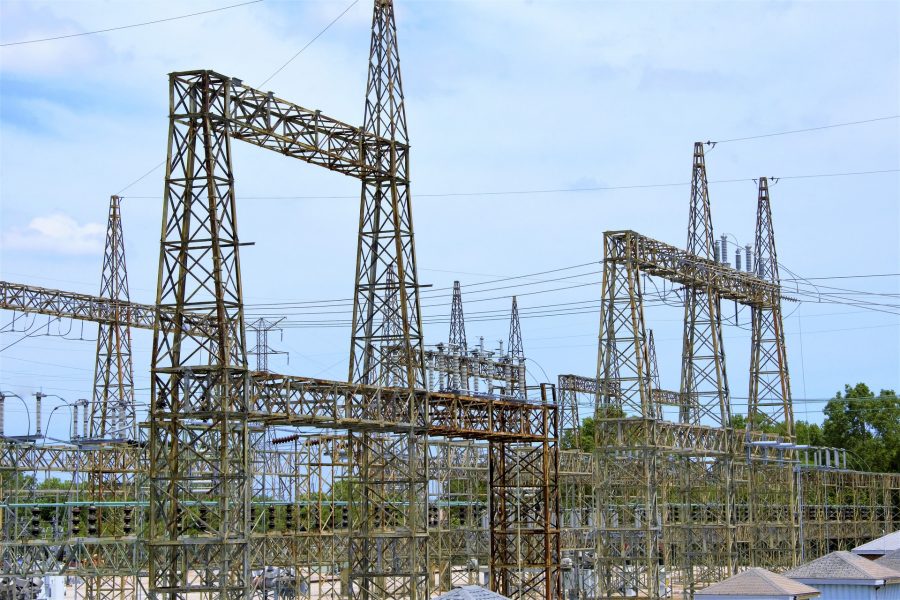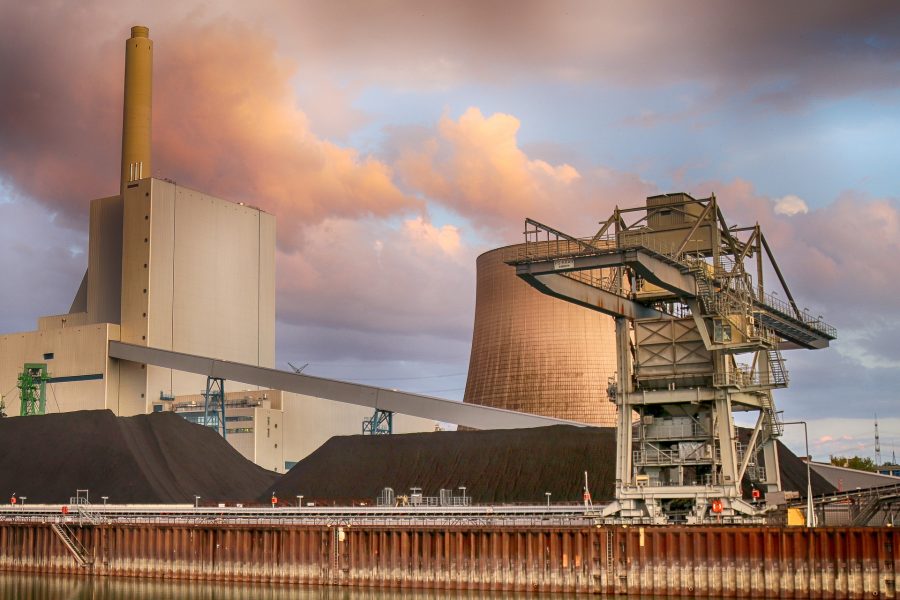Rapid Development in Artificial Intelligence Generates New Problems for the Environment
By: Matthew Warren
It’s hard to miss the AI boom that has occurred within the last few years. From classrooms to Coca-Cola commercials,[1] many people who engage in media, writing, or education have been exposed to AI-generated creations in some form or another. Some welcome this new development and proliferation of AI as a new frontier of technological advancement, while others are cautious about its potentially dangerous outcomes.[2] However, beneath any discussions on the merits of AI’s uses lurks a key consideration about the process with which AI functions: the environmental impact of this rapidly expanding technology.




